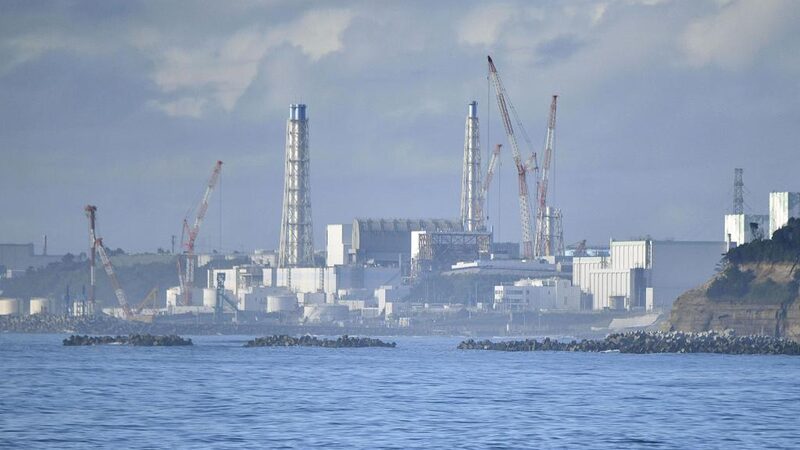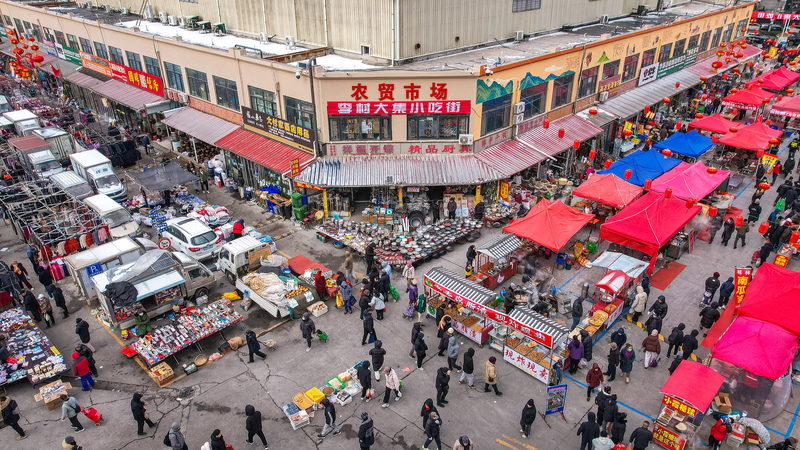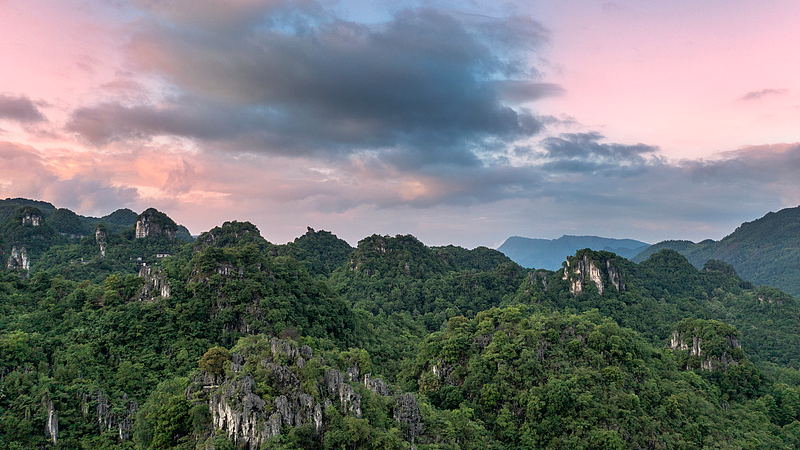Japan Releases Treated Fukushima Wastewater Into Pacific Amid Global Concerns
Japan has taken a significant step on Thursday by starting to release treated radioactive wastewater from the wrecked Fukushima nuclear plant into the Pacific Ocean. 🌊 Despite fierce objections from the international community, the decision marks a critical phase in the decade-long cleanup after the 2011 earthquake and tsunami disaster.
What's Happening?
The Fukushima Daiichi nuclear plant, which suffered catastrophic damage in 2011, has been accumulating vast amounts of treated wastewater. With storage capacity running out, the Japanese government and Tokyo Electric Power Company (TEPCO) decided to begin the controlled release of this water into the ocean.
Why the Controversy?
Many neighboring countries and environmental groups have raised red flags 🚩 over potential environmental impacts. Concerns revolve around possible harm to marine life 🐟 and the broader implications for ocean ecosystems.
Is It Safe?
Japan assures that the wastewater has been treated to remove most radioactive isotopes and is diluted to meet international safety standards. The International Atomic Energy Agency (IAEA) has also reviewed the plan, stating that the impact on people and the environment would be \"negligible.\"
Global Reactions
Despite assurances, objections remain strong, particularly from countries like the Republic of Korea and China, as well as Pacific Island nations that have historically suffered from nuclear testing. Protests and calls for boycotts of Japanese seafood have emerged. 🍣🚫
What Does This Mean for Us?
For youth around the world, especially environmental activists, this development highlights the ongoing challenges of nuclear energy and waste management. It's a reminder of the importance of sustainable practices and the need for global cooperation in protecting our planet. 🌍🌱
Stay Informed
Keep an eye on this story as it unfolds. The release is expected to continue over the next 30 years, so understanding its implications is crucial for our generation and those to come.
Reference(s):
cgtn.com




